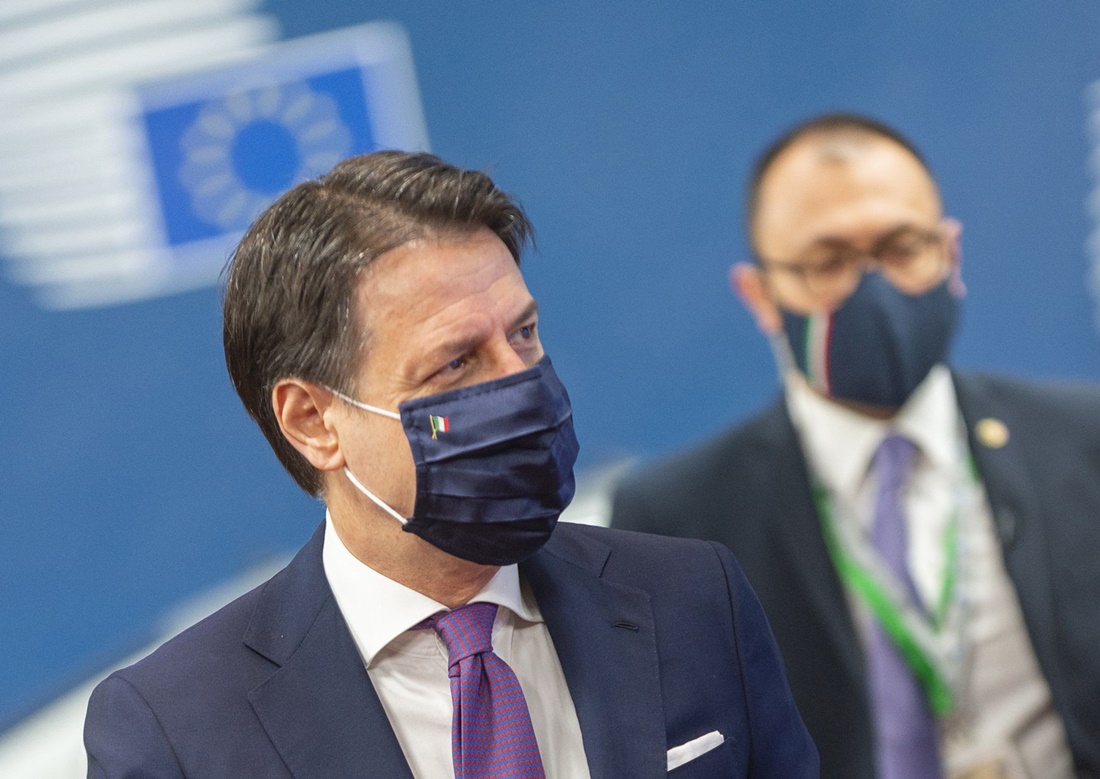On March 9th, Italy became the first European (and Western) country to enter lockdown. Although most Covid-19 cases were localised in the North, prime minister Giuseppe Conte went ahead and imposed nationwide restrictions. Now we know that in doing so he went against the experts’ advice.
After a legal battle, the Luigi Einaudi Foundation obtained the declassification of a trove of governmental documents that reveal what happened in the frantic days that preceded March 9th.
It emerged that the Scientific and Technical Committee (STC) that advised (and is still advising) the Italian government during the current Covid-19 pandemic had cautioned it against a nationwide lockdown just two days earlier, on March 7th.
On that day, the STC had proposed two different levels of restrictions: a harsher one for those areas where the contagion was spreading fast, and a lighter version for the rest of the country. The intention was that of reducing the economic downturn caused by the total closure of activities, given that some regions in the centre and south counted as little as 5 cases.
The day after, Mr Conte issued the first decree of what would become a long list of them, shutting down the most coronavirus-riddled areas in the North. The next day, a second decree extended the harsher version of the lockdown to the whole nation.
The decrees were supported by the governing parties as well as the opposition. During the following months, however, many politicians from the opposition argued that the nation had been sheepishly enduring the scientists’ paranoias and attributed to the STC the responsibility for the post-lockdown economic fallout.
Now, we may rest assured that the decision to shut down the whole country was a political one.








